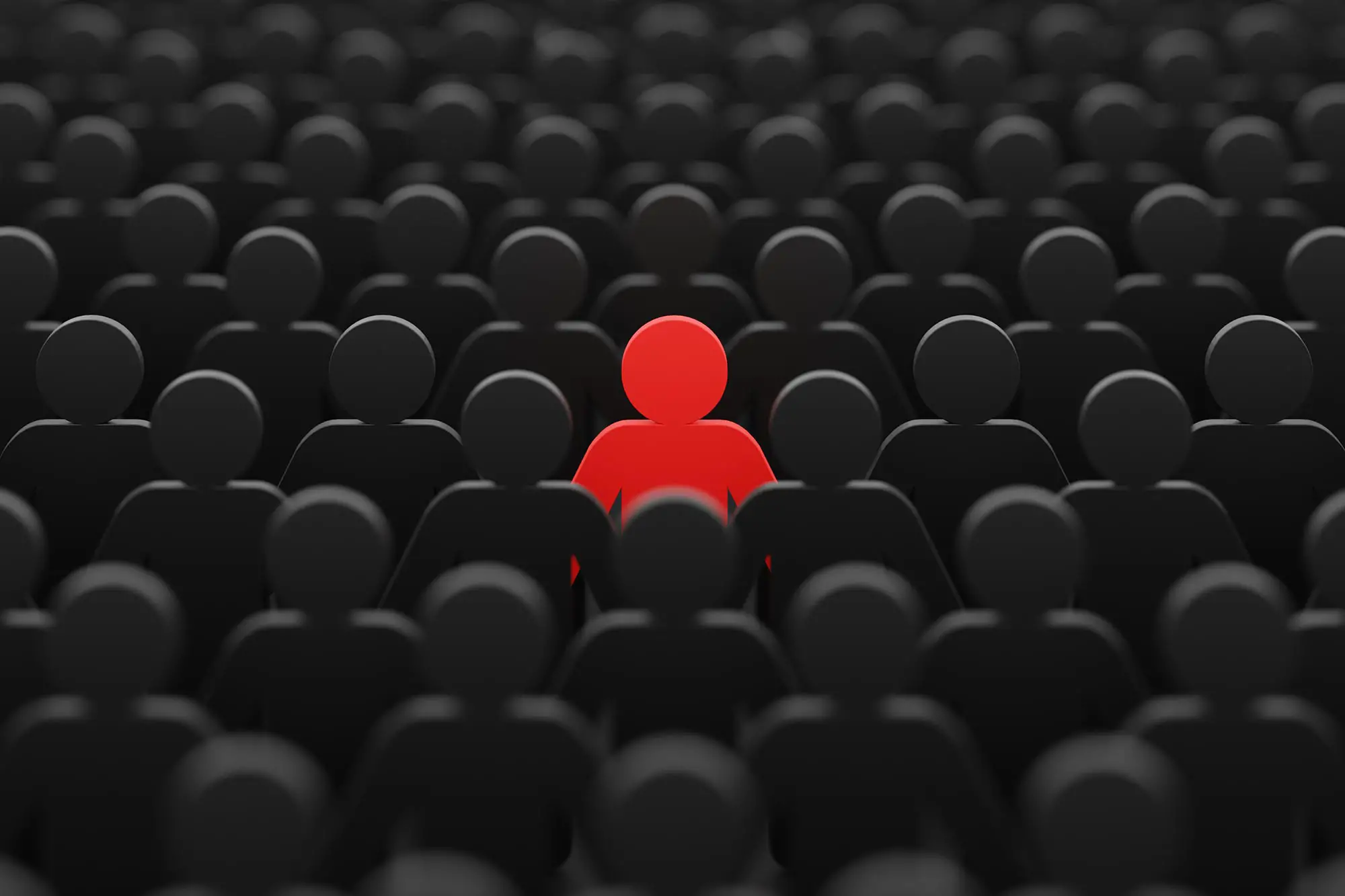Summary of Why Some People Feel Lonely, Even in a Crowded Room:
According to new research published in Psychological Science, lonely individuals process the world differently than non-lonely individuals, regardless of the size of their social network. The study used functional magnetic resonance imaging scans to compare the brain activity of 63 first-year university students. The results showed that lonely individuals’ neural responses were dissimilar to non-lonely and lonely participants, potentially contributing to their reduced sense of being understood. The researchers suggest that further research is needed to identify potential pathways for reducing loneliness.
*****
Lonely People Process the World Differently, According to New Research
Being alone and feeling lonely are two different experiences. Solitude could be a choice to seek quiet time or distance from others, while loneliness is a sense of disconnection and isolation, even among people. Recent research published in Psychological Science confirms this idea and reveals that lonely individuals think differently, regardless of their social network size.
Lonely People Expertly Different From Their Peers
Elisa C. Baek, the lead author and researcher from the University of Southern California, with colleagues Ryan Hyon, Karina López, Meng Du, Mason A. Porter, and Carolyn Parkinson from the University of California, Los Angeles, did a brain comparison study between lonely and non-lonely individuals. They gathered data from 63 first-year university students to see how each person perceives the surrounding world.
Functional magnetic resonance imaging (fMRI) was used to scan the brain activity of each participant while watching the same 14 video clips in the same order. After the scan, the participants reported their feelings of social connection using the UCLA Loneliness Scale. Before that, they filled out a social network survey and listed the names of every person they had studied, eaten, or hung out with during their initial months at the university.
The researchers found that lonely participants’ neural responses were dissimilar to both non-lonely and other lonely participants. Their processing of the world displayed a distinctive pattern. Even if the lonely individual has an expanding social circle, they still process information differently than their peers. The researchers suggest that this difference in processing may contribute to reduced feelings of being understood, a known characteristic of loneliness.
Underlying Cause and Future Research
The researchers controlled for demographic differences and the size of the participant’s social networks; the findings remained significant. However, further research is needed to unpack the underlying causes of these results. One possibility is that loneliness could impact how individuals perceive their surroundings and the value they receive from them.
Moreover, the loneliness-associated differences in processing the world might create a reinforcing feedback loop, wherein lonely individuals perceive themselves to be different from their peers, leading to more difficulties in achieving social connections. Identifying how lonely individuals think and promoting shared understanding could offer new paths to alleviate loneliness.
Conclusion
Loneliness remains a pervasive and significant issue worldwide. It is often unrecognized and misunderstood; most people do not seek help. This recent research provides valuable insights into how the brain processes information when one feels lonely. While further research is needed, these findings may point to new pathways for reducing loneliness and promoting social connection.


